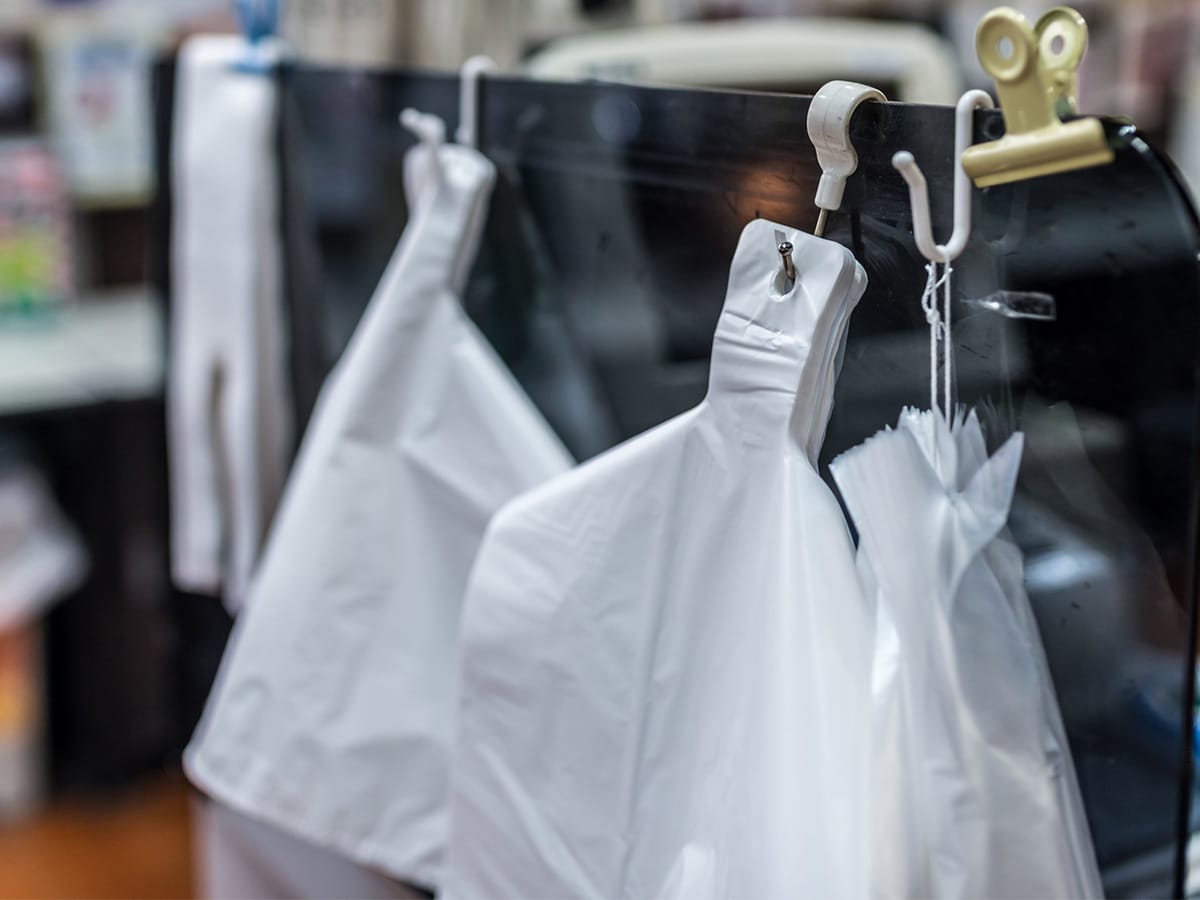- Tags:
- cashier / Customer Service / plastic bags
Related Article
-

Japanese Museum Looks Over Child’s Lost Stuffed Animal For 30 Years, Provides Bath And New Clothes
-

Japanese netizens stunned with gratitude at where lone mail delivery car travels to
-

Twitter floored by Japanese flight attendant’s service for customer with large plushie
-

“I cried”: Japanese road service staff’s kitten rescue drama moves Twitter to tears
-

New hires at Lawson convenience stores to work remotely via avatars
-

Tokyo yakiniku restaurant’s overboard emergency toilet paper system won’t let you down in a panic



In July 2020, the Japanese government started charging for plastic bags nationwide.
This measure was put in place to help reduce plastic waste and prevent further escalation of the global climate crisis.
While many people are accustomed to this system and more and more people carry their own shopping bags, there are still cases where customers complain to clerks at checkout.
Cashier’s Surprising Response Calms Frustrated Customer
A bookstore clerk shared an incident at her workplace on Twitter which has drawn a lot of attention.
The clerk was working the cash register when an elderly male customer complained to her.
You charge for plastic bags? If it’s only 3 yen, why don’t you just give it to me for free?!
Normally a cashier would probably simply apologize and insist rules are rules and he has to pay like everyone else.
But this bookstore clerk raised her voice as well and caught the elderly man by surprise.
I really wish I could give it to you for free, but I can’t! It’s so frustrating!
The customer could only reluctantly agree with her and said, “Oh, really. Well it can’t be helped then…” to which he quietly backed off and didn’t complain further.
Users offered words of praise for the clerk
“Books are heavy, and I’d like to put them in a bag for free if I could,” the clerk said with concern.
Her consideration for customers, as well as her honest response to their frustration are both to be applauded!
This article has been published with the permission of the clerk, who wishes to remain anonymous.